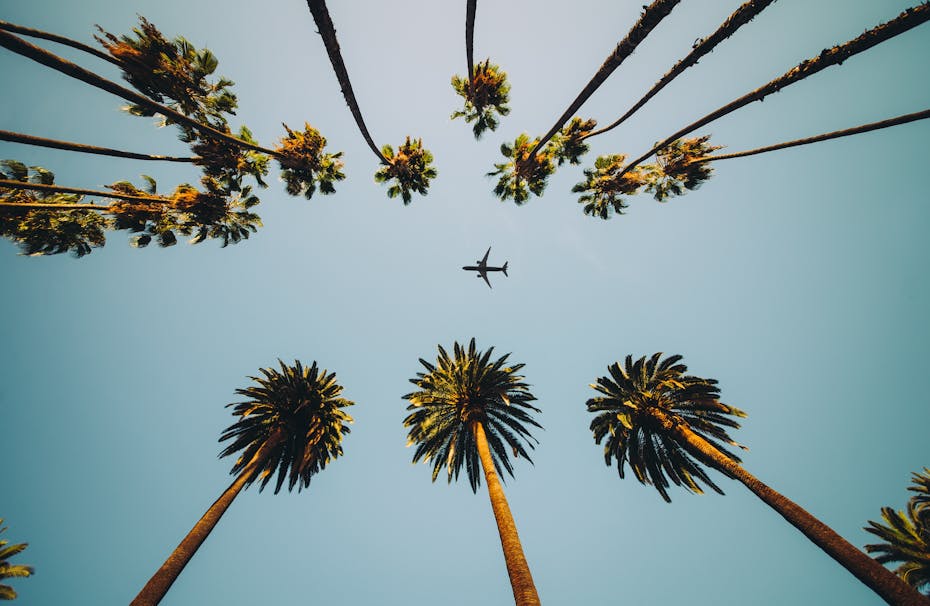
As New Zealand starts lifting travel restrictions at the end of this month, academics may feel the need to catch up on missed opportunities to attend conferences.
But flights account for about a third of the tertiary sector’s emissions and universities will need to reassess academic travel, given most across Australia and New Zealand, and indeed the world, are increasingly prioritising sustainability.
The push to reduce greenhouse gas emissions comes from all directions. There are national climate targets and sectoral initiatives like the carbon neutral government programme. Universities have sustainability strategies and there’s “bottom-up” activism like the international Flying Less movement.
Academics are also examining their own frequent-flyer habits and how they reproduce persistent inequities born of colonialism.
COVID-19 has brought a slow-down in travel or, for most Australasian academics, a complete stop. This provides some breathing space to consider the future of academic mobility. For Australia and New Zealand, the question is particularly acute, as the “slow travel” options some suggest would be very, very slow indeed.
Flying less for the climate
The climate-related dilemma for academics is well documented. Staff may be acutely aware of the impacts of their flying but some remain embedded in practices that require flying. Others are unwilling to fly less because international conferences are seen as a standard route to sharing results and professional advancement.
However, recent studies found limited evidence of a direct correlation between travelling and professional success, and questionable value added to publications from attending conferences.
These studies suggest improvements in diversity, early-career development and emissions can all be achieved by holding meetings and conferences online.

A look at one university’s aviation practice
Massey University Te Kunenga ki Pūrehuroa has three campuses across New Zealand, a staff of 3,300 and a student population of 30,495 (in 2020). The university’s greenhouse gas emissions come from farms, vehicles, energy use and an aviation school.
Despite this, its 2019 air travel of 11,833 tonnes of CO₂-equivalent emissions comprises 29% of total emissions, equivalent to 67,180kms for each academic or staff member who flew.
The university’s plan to reach net zero emissions by 2030 includes a commitment to reduce air travel by 30%. Current work identified five purposes of pre-COVID air travel, underpinning its research and teaching:
to strengthen networks and collaborations
to access resources and undertake fieldwork not available in New Zealand
to respond to external drivers such as the performance-based research fund, invitations and funder conditions
to build capacity and enhance staff skills
and to promote the university and recruit staff and students.
Massey’s 2019 air travel data show 29% of staff flew internationally, and 61% of these trips were to attend conferences. Of all trips, 8% were short-haul to Australia and the south Pacific, totalling 6% of air-related carbon emissions. Long-haul trips made up 19% of all travel, but accounted for 80% of emissions.
Mirroring the highly skewed distribution of air travel globally, 71% of staff took no overseas trips in 2019, 18% took one to two trips, 6% took three to four trips, and 5% took five or more trips.
One of the ongoing discussions is how to measure the value of such travel. It is relatively easy to state on a travel application that the outputs will be a publication or a collaboration. But assessing the reality of those proposed outputs and their relative value for the individual or institution is difficult.
What staff think
The findings of a 2020 Massey University staff survey found most respondents agreed that international travel is crucial to the university’s success. An even bigger majority thought it was crucial to their personal role. But a narrow majority also agreed such travel should be reduced.
The proportion of travel that respondents thought could be eliminated varied widely but averaged 50%. Further work identified information sharing, administration and meetings of established committees and research groups as activities that could be achieved without travel in the future.
The impact of less flying on early-career researchers, still in the process of developing their networks and academic careers, was a common theme. But it may be that air miles are dominated by a small number of hyper-mobile senior academics.
Possible actions for 2022 include further support for online events, developing contemporary travel metrics for the value of travel and reforming the university’s leave policy to encourage longer but less frequent multi-purpose trips and to take emissions into account.
The New Zealand Universities Air Travel Consortium has been formed to share information and develop a coordinated nationwide pathway. Meanwhile, academic air travel has come almost to a stop. Conferences, seminars and committee meetings have gone online. It would not be a surprise if COVID-19 comes to be seen as a turning point in academic travel practices.![]()
Sal Lampkin, PhD, Sustainability Transformation Manager, Massey University and Robert McLachlan, Professor in Applied Mathematics, Massey University
This article is republished from The Conversation under a Creative Commons license. Read the original article.










